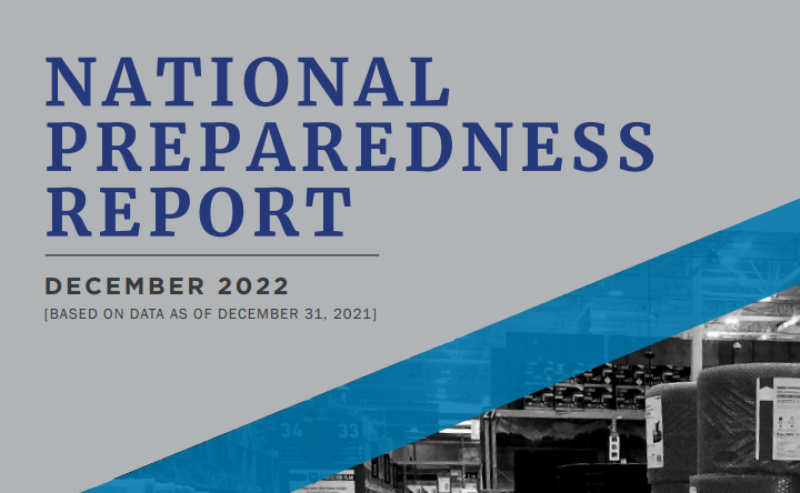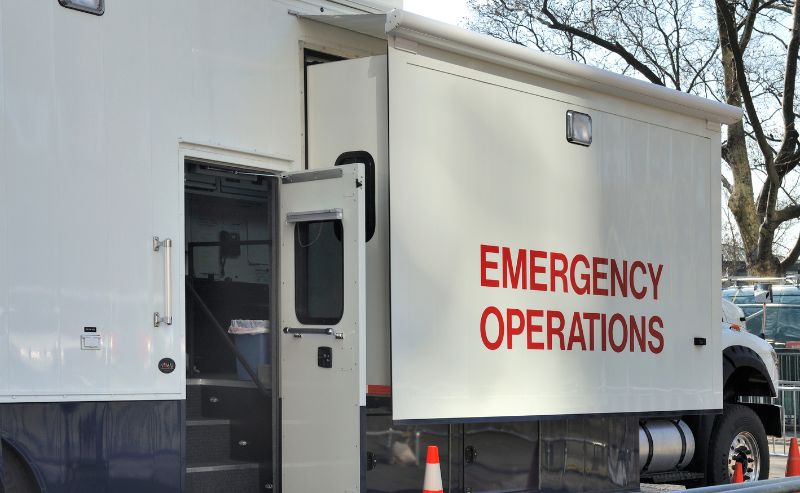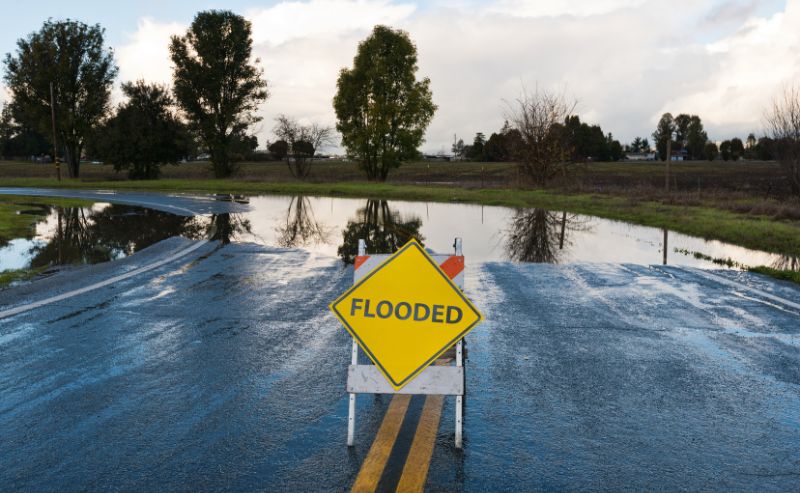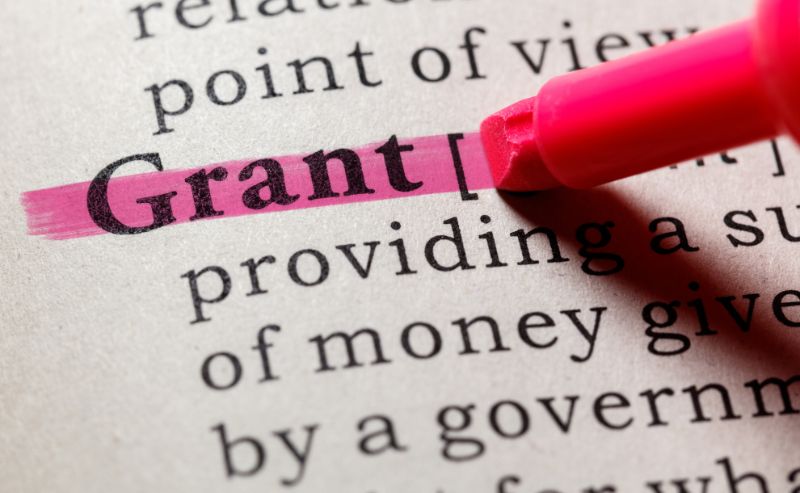Planning. It’s essential to the preparedness and, ultimately, the resilience of every state, local, tribal, and territorial government and private and nonprofit organization across the country. And planning is especially critical now, given the frequency and severity of natural disasters due partly to climate change and growing concerns over cybercrime and other threats. Fortunately, various tools and resources are available to assist with today’s increasingly complex planning efforts. FEMA’s recently released 2022 National Preparedness Report (NPR) is among them.
As explained by the federal agency, the new report provides an overview of the nation’s current risk landscape. It summarizes the progress made and the challenges that remain in building and sustaining the capabilities needed to prevent, protect against, mitigate, respond to, and recover from the threats, hazards, and incidents that pose the greatest risk to the nation.
The 2022 NPR covers the calendar year 2021 and builds on content from previous reports (2020 and 2021). It pulls from open-source data, community Threat and Hazard Identification and Risk Assessment (THIRA) and Stakeholder Preparedness Review (SPR) data, and a federal interagency data call with submissions from 53 agencies, divisions, and sub-components throughout the federal government. But, unlike previous reports, the 2022 NPR considers risks holistically versus risk discussions centered on risk types.
Specifically, the new report contains the following sections:
- The nation’s changing risk environment, including physical and technological vulnerability and inequity exacerbated by climate change
- Preparedness indicators and measurement of national capability levels
- Management opportunities that can assist communities in managing risks and addressing capability gaps
Such information, as routinely made available by FEMA and other key groups, can prove useful in various ways. This includes making decisions about preparedness programs and priorities, resource allocations, and actions. It also fosters collaboration between the public and private sectors, which can lead to community-wide resilience in emergencies and disasters. And shouldn’t that be the number one goal of everyone involved in planning?
At BOLDplanning, a division of Agility, we encourage emergency managers and whole community partners across the nation to download the 2022 NPR when time permits. We also welcome the opportunity to assist with your emergency, continuity of operations, or mitigation planning needs. Simply email info@BOLDplanning.com or call 615.469.5558 to learn more.






